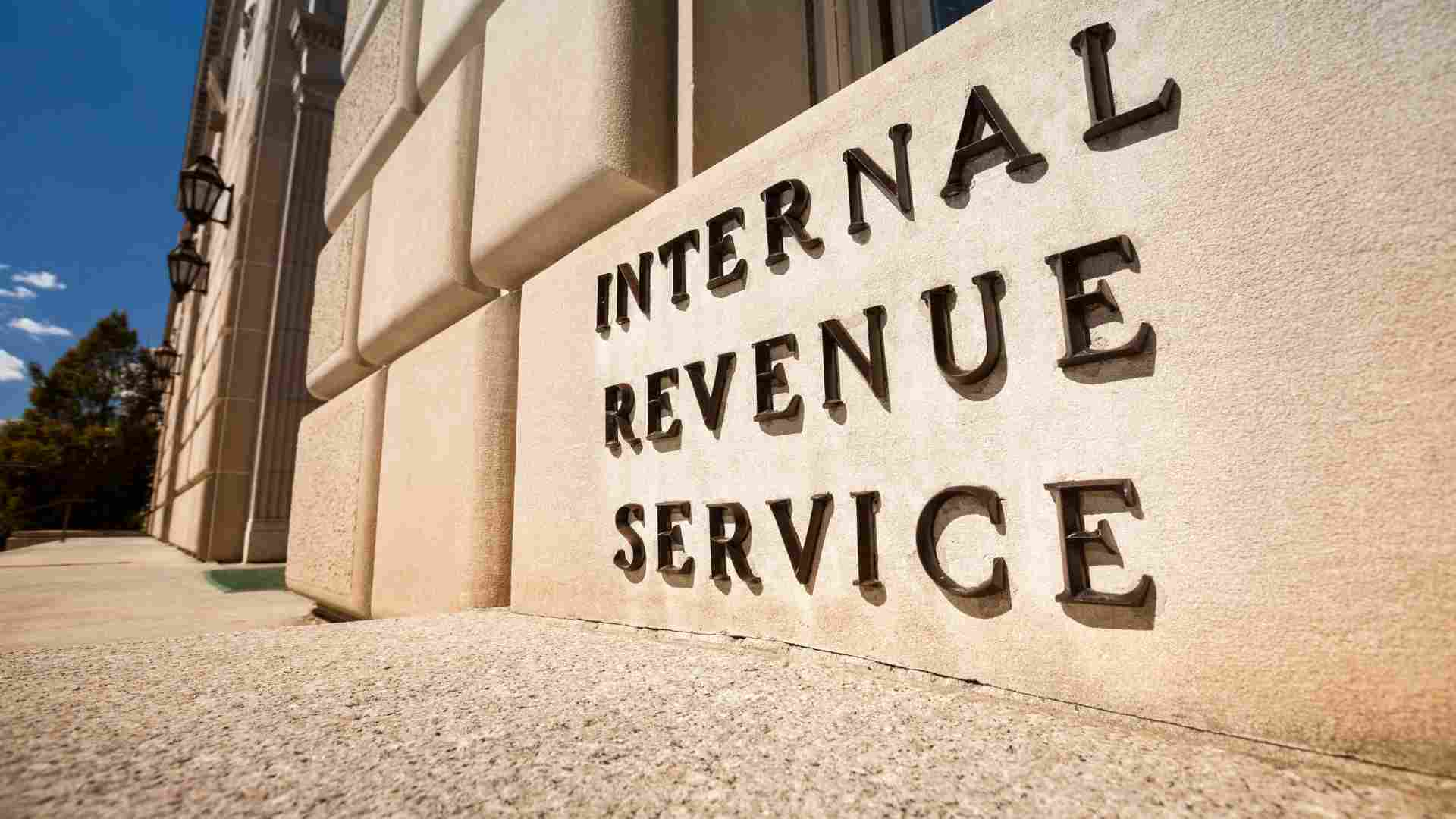Scammers are working all year round. Therefore, it is especially important to be aware of their activity all the time claims the IRS. Actually, it is true that there could be more suspicious emails over Christmas and during the new tax season, but do not forget about them at any moment.
There are all sorts of suspicious emails claiming to be from the IRS. Sometimes they want from you some personal information urgently. On other occasions, they deal with taxes and large investments.
| Important links |
|---|
| Food Stamps |
| PAYMENTS |
| stimulus checks |
| SSDI |
Inheritance and lottery prices are among the most common ones states the IRS. Whatever their purpose is, it will do no good to you. From identity theft to stealing your money, they can cause a lot of distress.
DO NOT REPLY ANY SUSPICIOUS IRS EMAILS
The thing is you sometimes receive a text message at night and you might be too tired and sleepy to act correctly. Clicking on any links or downloading some malware can be potentially dangerous. But why?

Also, the IRS insists on not opening any attachments since they can infect your device. It does not matter if you are using a laptop, tablet, or smartphone. They can take full control of it and steal your credentials.
Do not worry if you have already clicked on any links. Visit the IRS official website and inform them about it. Their identity protection page will help you report if you gave scammers confidential information.
Their official website is https://www.irs.gov/identity-theft-central. Once scammers have your Social Security Number, they can file a fraudulent tax credit or tax return states the Internal Revenue Service.
FORWARD THE SUSPICIOUS EMAIL TO THE INTERNAL REVENUE SERVICE
Do not reply, do not open any attachments, and do not click on any links. However, you should forward the email to the IRS. In this way, they can warn other taxpayers and prevent identity theft too.
Do not modify the email or headers. Then, forward it to the phishing@irs.gov. But do not send screenshots or scan images because the IRS will lose valuable information.
Once you have successfully forwarded the suspicious email to the IRS, you can delete it. This simple action can help millions of citizens. Pay close attention to their vocabulary and the way they speak.
Besides, it is more than likely that there are spelling mistakes, inaccurate information, and wrong style. Simply call the IRS to help you find out if your email, letter or text message is a fraud or not.